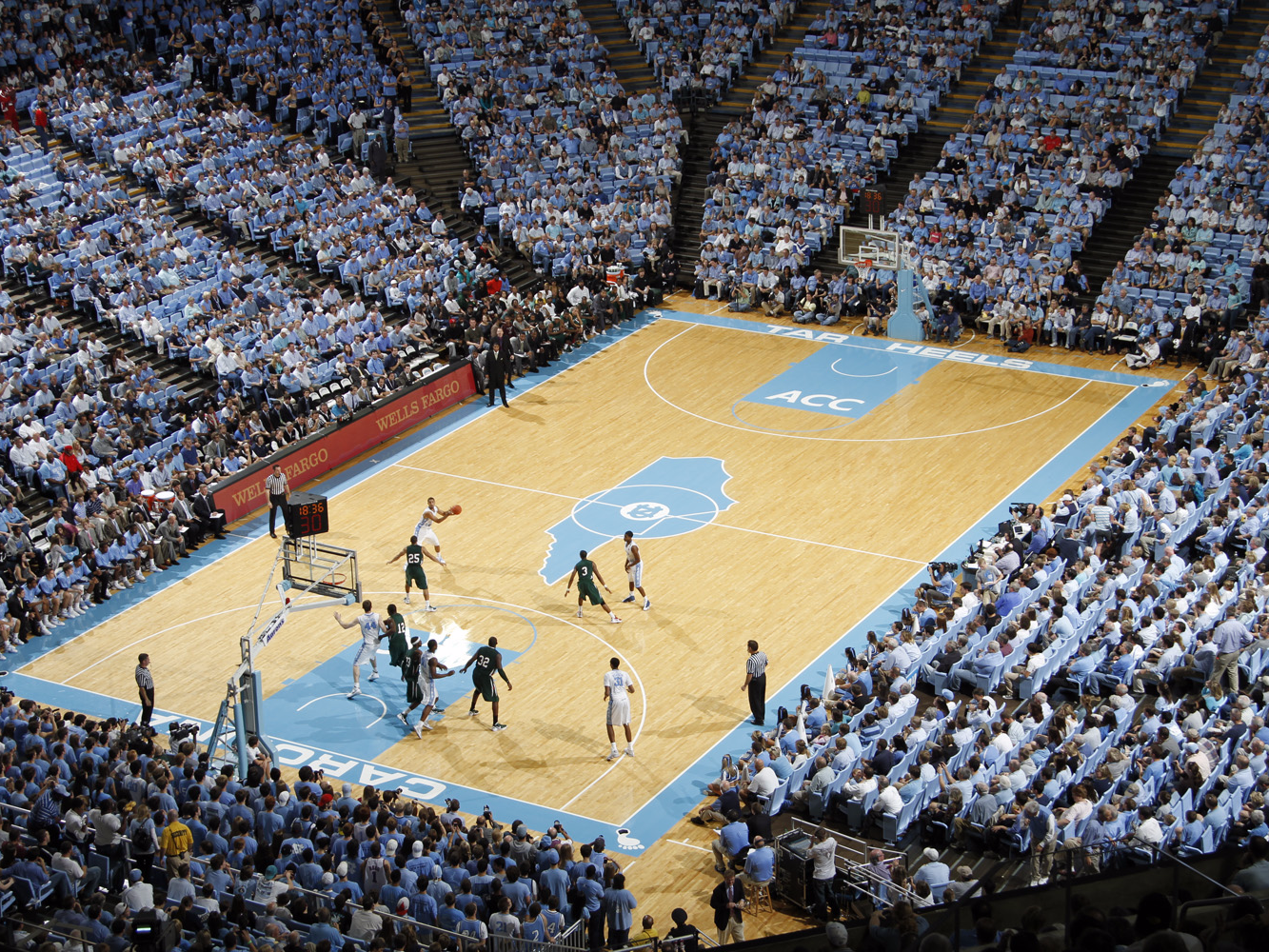The NCAA on Friday announced that it “could not conclude” that UNC Chapel Hill violated academic rules after an investigation into an academic scandal that spanned over three years.
The investigation stemmed from allegations that UNC had a system in which students took an African Studies course that never met, had little instruction, and required only one paper that received high marks, regardless of quality.
The courses were allegedly designed to keep student-athletes eligible. According to a report issued after an eight-month investigation by U.S. Justice Department in 2014, the fake classes lasted for nearly two decades and included over 3,100 students, half of them student-athletes.
Greg Sankey, the panel’s chief hearing officer and commissioner of the Southeastern Conference, said in the findings report on Friday: “While student-athletes likely benefited from the so-called ‘paper courses’ offered by North Carolina, the information available in the record did not establish that the courses were solely created, offered and maintained as an orchestrated effort to benefit student-athletes.”
The NCAA and UNC battled back and forth over the allegations, according to The Raleigh News and Observer. While UNC argued that the bogus classes were not a violation of NCAA bylaws, the NCAA argued that the availability of the classes to student-athletes were akin to impermissible benefits. UNC argued, in turn, that the availability of the classes to non-student-athletes meant it did not specifically benefit athletes.
The NCAA's findings on Friday said part of the inconclusiveness of the investigation stemmed form the NCAA's inability to judge academic fraud. From the report:
"The panel noted that its ability to determine whether academic fraud occurred at UNC was limited by the NCAA principle relying on individual member schools to determine whether academic fraud occurred on their own campuses. North Carolina said the work was assigned, completed, turned in and graded, often by the former secretary, under the professor's guidelines. While the university admitted the courses failed to meet its own expectations and standards, the university maintained that the courses did not violate its policies at the time."
The panel concluded that, ultimately, the courses were not designed to specifically help student-athletes, and thus, was not a violation of NCAA bylaws.

